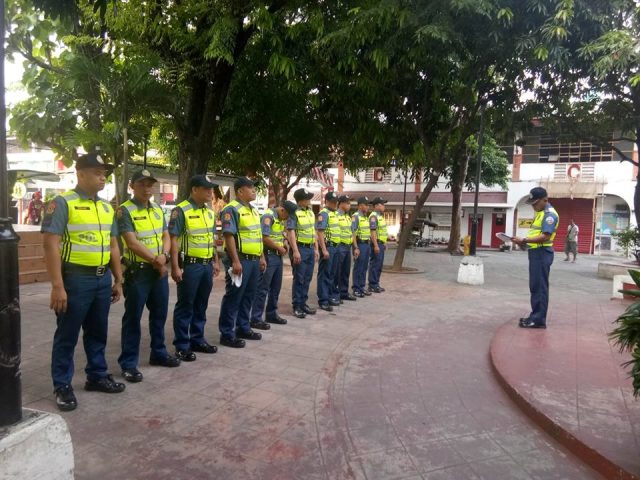Good intentions aside, the rape prevention tips of the Angono Municipal Police did not quite achieve what it meant to.
On July 17, the provincial police posted an infographic on its official Facebook page that enumerates 10 guidelines against rape. The gesture drew flak for implying that an individual could avoid being a victim of the horrific crime by the clothes he or she chose to wear or by taking liquor.
The #BabaeAko social media movement, dubbed by TIME magazine as among its “most influential” people, called out the Angono police’s release.
EXCUSE ME, ANGONO POLICE?
Posted by BabaeAko on Tuesday, July 17, 2018
Others suggested that the police unit should give tips on how people can prevent committing the crime entirely.
Some people, meanwhile, defended the guidelines, arguing that many rapists can’t be taught how to behave being mentally ill in the first place.
This was the main point of Facebook user Shaina Izzbelle Lopez Lozano. She also agrees though that some points on the list put the blame on the victim.
“This post doesn’t mean they’ve tolerated rape. This is just somewhat a reminder on how to possibly run away from the scenario. Come on, open our eyes, we woman too should atleast do our thing. They’re just trying to help because they don’t have controls sa utak ng mga rapist,” Lozano commented.
Victim-blaming on rape
Rape is clearly defined in the Anti-Rape Law of 1997, wherein it is an act of sexual assault by any person, specifically by a man in the following situations:
- Through force, threat, or intimidation;
- When the offended party is deprived of reason or otherwise unconscious;
- By means of fraudulent machination or grave abuse of authority; and
- When the offended party is under twelve years of age or is demented, even though none of the circumstances mentioned above be present.
Victims, not only here in the country, often face the need to justify or prove to others of what had happened to them.
The culture of victim-blaming may be attributed to a basic need of people to believe in “fairness” in the world, according to the Guardian.
“If something bad has happened to you, you must have done something bad to deserve that bad thing,” said psychology professor Sherry Hamby.
People tend to distance themselves from victims of tragedies, such as rape, to keep the perception of the world being a fair place to live.
“We wonder if he or she had done something to invite the tragedy,” psychologist David Feldman wrote.










